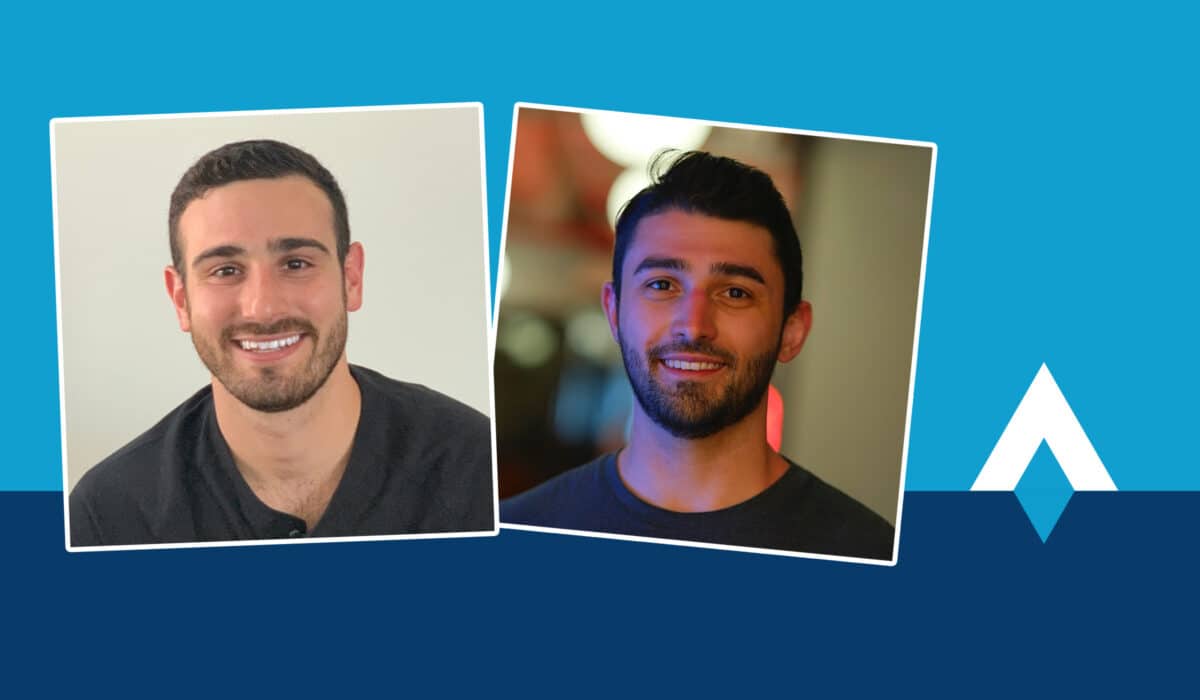The first app Daniel Sim listed in the Shopify app store was super basic, he described in a blog post — “so basic that I was slightly embarrassed to put it out there.” But looking back, the software engineer believes simplicity may have been the key to growing his company, Plug in Useful.
Founded in 2011, Plug in Useful is a family of Shopify apps in the SEO and speed optimization space. Plug in SEO, one of the first SEO apps for Shopify, helps users get more traffic via search by checking for and fixing SEO hang-ups. Plug in Speed optimizes JavaScript, CSS and images to improve site speed.
Sim described the bootstrapped company’s growth as consistent, at over 50% revenue growth year over year. By the end of 2019, the team had grown to eight employees. The apps had 37,000 Shopify store owners with hundreds of thousands of installs, according to a press release.
The growth was impressive — so a lot of people were confused when Sim decided to sell.
The path to selling Plug in Useful
2019 was a tough year for him. The diagnosis: burnout. He began working with a clinical psychologist who was familiar with the founder space.
“She helped me untangle the ‘me’ from my business,” Sim wrote on his blog. “I’d built it, but we were not one and the same. That was a crucial step to look at the decision to sell as what was right for me and not just financially or for the company.”
In fact, when looking at the numbers on paper, selling didn’t completely make sense. With a company the size of Plug in Useful, the price is typically a 3-5x multiple of the seller’s discretionary earnings (SDE), Sim explained on his blog.
“I had an attractive business and good SDE so the valuation was at the higher end,” Sim wrote. “Even with that, since it was growing, I could simply hold onto it for a couple of years and earn more than I could get by selling it now.”
Plus, the sales process is expensive (think: lawyers, taxes and time). And there’s no promise it’ll even lead to a signed contract.
“Staring at my spreadsheet, selling looked like a poor financial decision,” Sim wrote. “Yet in my gut I felt it was time.”
Even though Sim knew he was emotionally ready to exit, he wasn’t willing to jump at just any opportunity. He sunk time into attending meetings, researching, vetting and considering all outcomes. It became a full-time job.
He landed on one prospect that seemed promising — but there was one deal-breaker for Sim, the details of which he didn’t disclose. The company assured him they’d work out the issue, but they refused to address it or consider alternatives.
Sim decided to walk away.
After recalibrating, he reached back out to a few parties that had previously shown interest. SureSwift Capital captured his attention. Sureswift’s a holding company that acquires SaaS (Software as a Service) businesses from entrepreneurial founders and grows them. Since its inception in 2015, it has facilitated more than 40 acquisitions, including social media scheduler MeetEdgar and student feedback tool Feedback Panda.
Sim’s interactions with the company were all positive. “It was a huge relief to see a glimmer of hope that we’d be able to sell on good terms for both the buyer and me,” Sim wrote. “They listened, we worked together, and we closed a deal that worked for everyone.”
The deal closed in January 2020 for 7 figures, Sim said.
Transitioning from founder to employee
After selling, Sim took a year and a half off to figure out his next steps. During this time, several opportunities arose. He was offered co-founder roles at funded startups, and investors reached out to fund whatever his next big endeavor would be, he explained on his blog.
He was sure he’d jump into another entrepreneurial opportunity — until Mike Potter, co-founder and CEO of Rewind, reached out with a job opportunity at the data and cloud protection service.
“I still had this prejudice against taking a job due to my self-concept as an entrepreneur,” Sim wrote. “And yet, I’d long admired their SaaS product, strong Shopify business, and the people I’d met there, so I felt compelled to at least spend 30 minutes on it.”
Sim signed on as Rewind’s general manager, where he’s now leading the expansion of their Shopify business.
“With the right boss, you can act like an entrepreneur in any job,” he concluded. But Sim said he won’t completely rule out starting another company in the future.


